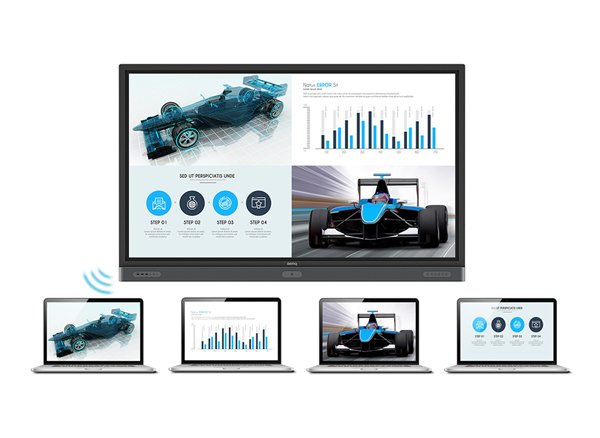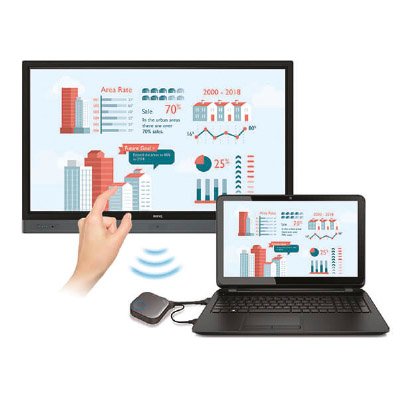Projector
Monitor
Lighting
Digital Display
Job References
This site uses cookies. By continuing to browse the site you are agreeing to our use of cookies, you can also manage preferences.
This site uses cookies. By continuing to browse the site you are agreeing to our use of cookies, you can also manage preferences.
Projector
Monitor
Lighting
Digital Display
Job References
Projector
Monitor
Lighting
Digital Display
Job References
Knowledge CenterOne of the biggest roadblocks that teachers experience in creating an engaging, yet efficient collaborative classroom is complicated presentation technology. Teachers lose valuable time wrestling with cables and logging onto the network. And if students or visitors need to present, often many wireless presentation systems are far limited in the number of students that can actually connect and share. In addition to the cable frustrations and the restricted number of users, Chromebooks — one of the most commonly used notebooks in the classroom — may not be supported.

BenQ’s InstaShow wireless presentation system removes those challenges and speeds up learning by enabling users to wirelessly present by simply plugging in the InstaShow button to their devices and tapping it to share content to projectors and flat panels in the room. There is no software or app in order for it to run on a laptop, and no need to log onto the school’s network, and with its standard HDMI interface – will connect to any HDMI classroom source such as document cameras, media players, and digital microsopes. The system also sets a new benchmark in the number of participants or devices that can be shared, with up to 16 students (InstaShow WDC10 model) or even up to 32 students (InstaShow S WDS20 model) connected to the system. With InstaShow, not only does the whole class have the potential to join in, but up to four students at a time can share their screens simultaneously to the display instead of the typical two that are allowed with most systems.

The latest model, which releases in Q4 2019, InstaShow S, supports mobile phone and tablets as well as allowing Windows laptop users working in classrooms with interactive displays to command their laptop right from the touch screen, opening files, controlling video playback, changing documents, and then saving them to their notebook. There’s no running back and forth from laptop to the front of the classroom. Now teachers and students can present and learn at the speed of the future.
Thanks for your feedback!